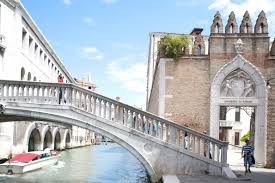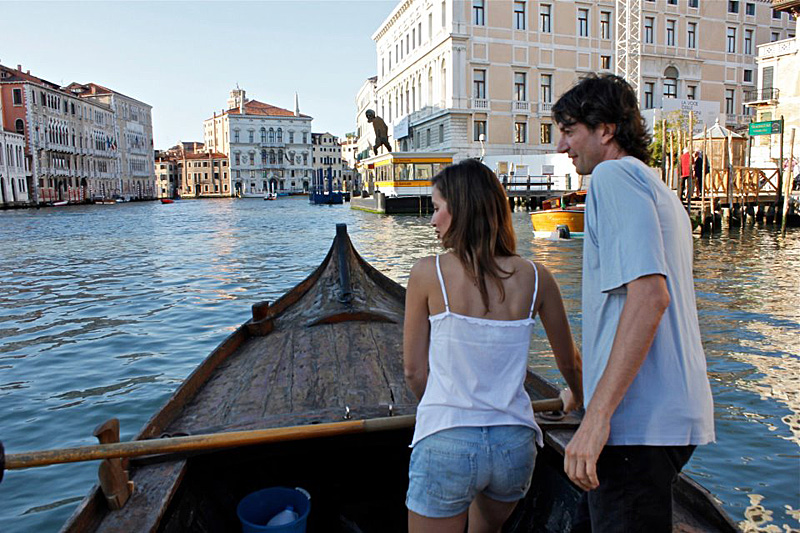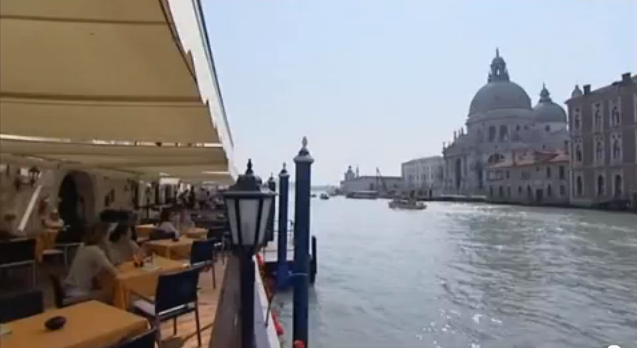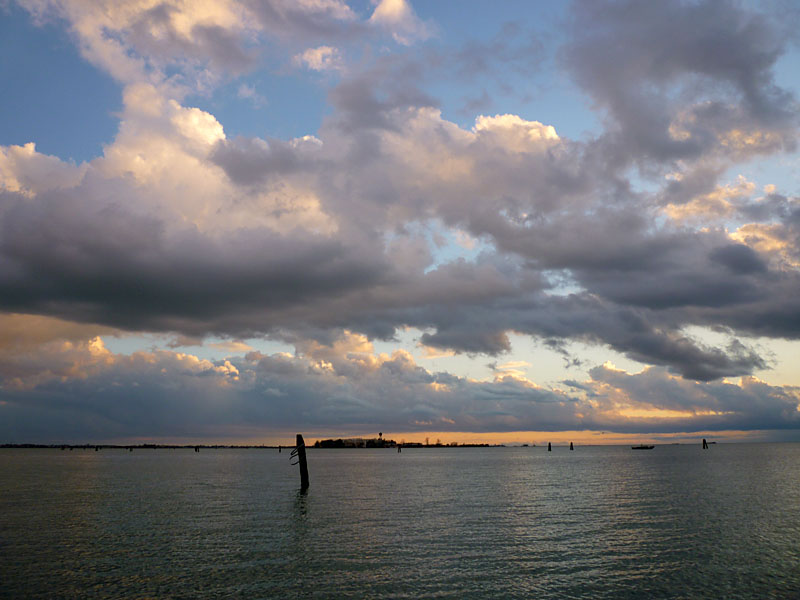“The stranger who arrives at Venice from the noise of the world – Bloch writes – he approaches in a kind of amniotic fluid of silence”, “The water of Venice – Dominique Fernandez adds – is not clear water: it is consistent, essential, prenatal, plasmatic”. Now the Venetian trip would pay off, according to this line of thought, on returning to the maternal bosom. Someone even linked the image of a woman's breast to the topographical structure and the many floating domes in the sky.
Loredana Gambuzzi, Jungian psychologist, sampling the testimonies of "missing persons" transplanted to Venice, trusted this seductive hypothesis, which revives the original ways of opening up all major urban areas, not only in Venice, with the difference that in Venice, as a large pedestrian area, the labyrinth of water and defense, it would always be directly perceptible.
Recent psychoanalytical theories recognize in the waters of Venice the ability to dredge up to our true nature, thus explaining the wide range of different emotions it arouses, in practice, everyone in Venice sees what is himself.
Venice thus takes the form of the initiator, the Great Mother who receives the initiate through her labyrinths and frees him from the constraints of rational consciousness, through the resurgence of the primal energy of the libido.
It is also worth taking into account what Enrico Raffi, a writer from the school of Alberto Moravia (of whom he also had an house in Venice): “It was the waters that save Venice, the waters that must soak the bridges, but in this case are more like those whose life had little to Moses”. Analyze this sentence in the light of the persistence of the biblical myth in the myth of Venice: Moses saved from the waters he separated the waters, which we would wish for the salvation of the city, separating the waters of the lagoon with the sea by a machine called "Moses".
It is no coincidence that the episode of salvation by the waters of Moses was also addressed by Tintoretto and Veronese, who placed the biblical context in a kind of harem. Aquatics and femininity are thus supposed to be convergent and indissoluble reasons.
Discover the other Venice with Walter Fano's ballads






